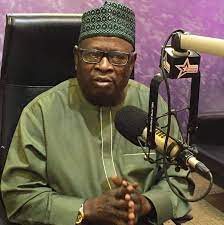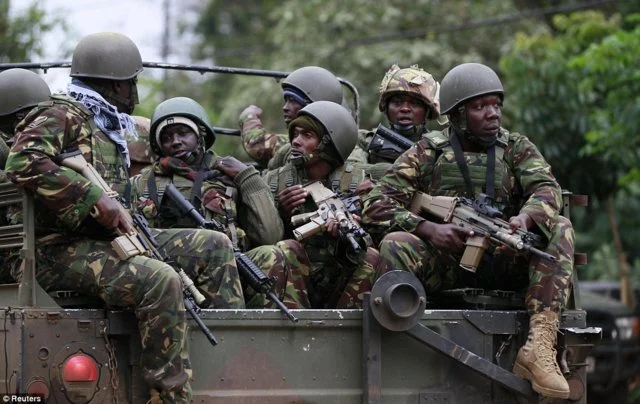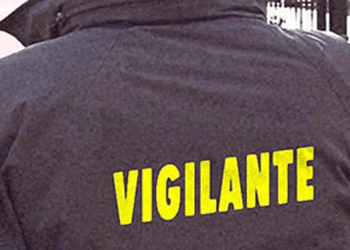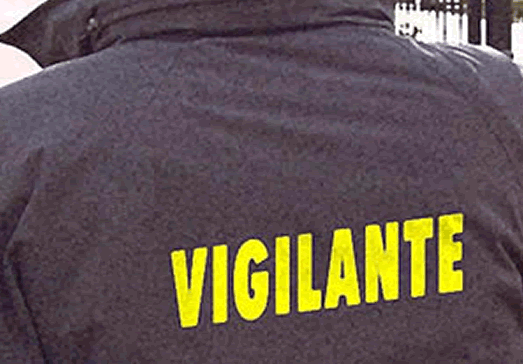Recent events in Bawku have once again ignited a long-standing chieftaincy dispute, resulting in a tragic loss of lives and bringing to the forefront longstanding grievances and unresolved tensions.
The conflict, which has claimed the lives of at least eight individuals according to local reports, was allegedly triggered by the unexpected return of rival chief Alhaji Seidu Abagre from exile, sparking violence and unrest in the region.
In response to the situation, the government declared a curfew in an attempt to restore order. However, calls for peace from political leaders have met with both support and scepticism, underscoring the deep-seated complexities of this enduring crisis.
Amid these developments, Zebilla MP and Member of Parliament’s Security and Intelligence Committee, Hon. Cletus Avoka, has criticized the government’s handling of the Bawku chieftaincy crisis.
Hon. Avoka contended that the government’s approach has not only been inadequate but may have exacerbated the situation.
According to the MP, repeated efforts to urge the government to intervene proactively have been met with inaction, casting doubt on the state’s commitment to resolving the crisis.
“This Bawku crisis could have been prevented if the government had lived up to its responsibility. If the government had demonstrated sincerity and commitment to have peace in Bawku.
“They have not done it. If they had taken the advice we gave them, we wouldn’t even have to give advice, the National Security, knew that it was a security matter and as soon as the man, Alhaji Abagre entered Bawku, there would be conflict, there would be clashes and they didn’t act.”
Hon. Cletus Avoka, MP Zebilla Constituency
His statements highlight a growing sentiment of disillusionment within parts of the Bawku community and beyond, as the escalating violence places an ever-greater strain on the security and social fabric of the area.

Calls for Peace Amid Calls for Accountability
While leaders on various political fronts have called for peace and unity to stem the violence, Hon. Avoka’s perspective introduces a nuanced and complex narrative.
His critique pointed to perceived systemic failings, as he underscored how security issues tied to chieftaincy disputes have long been a fixture of national intelligence.
For Hon. Avoka, this lack of timely action signifies a deeper problem within state structures, particularly when it comes to addressing security threats that have far-reaching social impacts.
A State of Emergency: A Disruptive Measure or a Necessary Step
Amid the current turmoil, some have called for the imposition of a state of emergency to curb violence in Bawku and its surrounding areas. Hon. Avoka, however, opposed this proposal, cautioning against the potential impact it could have on the country’s democratic process.
With the December elections approaching, Hon. Avoka argued that a state of emergency could infringe on fundamental rights, hindering the ability of residents and candidates alike to exercise their democratic freedoms.
“It has not reached that stage for a state of emergency. You are aware that we are in an election year. Maybe one and a half months or even less than that, we will be having elections”.
Hon. Cletus Avoka, MP Zebilla Constituency
He went on to highlight the limitations that a state of emergency would impose, including restrictions on movement, gatherings, and campaign activities.

In Hon. Avoka’s view, such restrictions could unfairly impede the political rights of Bawku residents, potentially disenfranchising parts of the electorate at a critical moment in Ghana’s political calendar.
“A state of emergency means that people do not have their human rights vested in them to do what they want; they may not have rallies, they may not have meetings together, they may not travel far… Therefore, they may not be able to campaign and then have the elections. I do not think that the situation has reached a level where the government can declare a state of emergency.”
Hon. Cletus Avoka, MP Zebilla Constituency
A Crisis in Need of Resolution, Not Repression.
The Bawku crisis brings into focus the recurring issue of chieftaincy disputes in Ghana, a subject that has long challenged both local governance and national cohesion.
As the government outline measures to curtail the recent violence, Hon. Avoka’s statements reflect a call for more than surface-level resolutions.
He emphasized the need for genuine engagement and proactive strategies to address the root causes of such conflicts, rather than relying on reactive measures that may have limited impact or, worse, unintended consequences for the communities involved.
Hon. Avoka argued that proactive, sustained engagement with local stakeholders could pave the way for a lasting solution. By addressing underlying issues and prioritizing diplomatic intervention over mere security enforcement, Hon. Avoka contended that peace in Bawku might be attainable.
For Hon. Avoka, the answer lies not in declarations of emergency or military presence but in a concerted, sincere effort by the government to engage with all parties involved and demonstrate a commitment to protecting the region’s stability
The Bawku crisis serves as a stark reminder of the complexities of chieftaincy conflicts and their potential to disrupt not only regional peace but also national processes.
READ ALSO: CalBank and NewGold ETF Among Top Movers on GSE as Market Opens



















